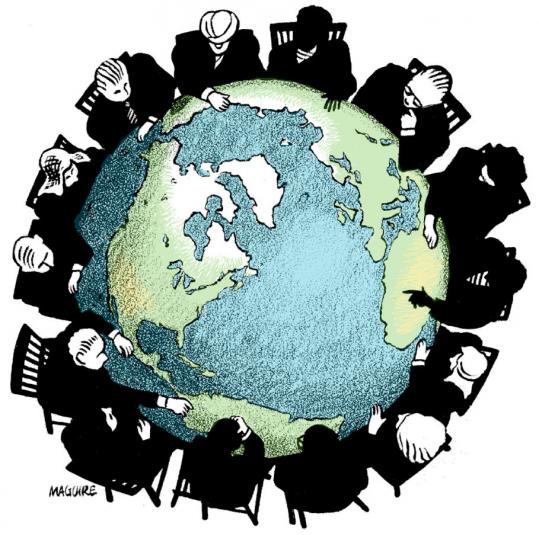To Free Trade Or Not To Free Trade
Brexit and the election of Donald Trump as the next president of the United States represent a significant change in direction for international policymakers. The United Kingdom and the United States have been committed to free trade for many decades, as it increased the wealth and well-being of their populations.
Time for change
But there is to be a change in policy as each country prepares to turn its back on the free trade agreements that helped make them world leaders.
Politicians in both countries believe free trade creates significant benefits and ensures high levels of international growth.
The commitment to free trade saw national prosperity increase and the creation of millions of jobs in all sectors.
But a resistance to free trade coupled with the long-term effect of job losses culminated in the desire for a change of direction amongst voters.
The allure of jobs in technology and financial services is not enough to staunch the loss of manufacturing jobs in towns and cities around the country.
The frustration felt by voters sent a message to governments that is likely to influence the direction of free trade policy for many years.
The implications are unsettling as they indicate a move to restrict free trade and a clamp down on immigration and the freedom of movement.
Other countries may also pull back on their commitments, which could trigger further economic instability on the international stage.
Reality bites
The reality of Brexit and a Trump presidency may or may not be as bad as predicted but it may also be a step in the wrong direction at a time of uncertainty.
The difficulty with curbing free trade is that once countries put their own interests first to the detriment of others they fail to reach collective agreements that benefit the majority.
The belief that pulling away from free trade will stem job losses or bring jobs back to once thriving areas is wrong, as the effects of technology are not taken into account.
The era of traditional manufacturing where factories employ thousands of workers is at an end as technologies reduce the need for labour.
Current levels of economic growth are modest but growth in a world where free trade stalls may be anaemic.
Free trade and its association with globalisation have developed a poor reputation and so the political argument amongst voters is lost.
But trading between countries has a long and special history and the recent aversion to its virtues will not solve the problem it claims to address – the loss of jobs.
The shift to a more restrictive trading environment will cause tension, as trading between nations will not be halted by a forced political reaction to the wrong problem.
So, free trade is out of fashion but not for long as any attempt to restrict its flow will cause greater problems in other areas.




